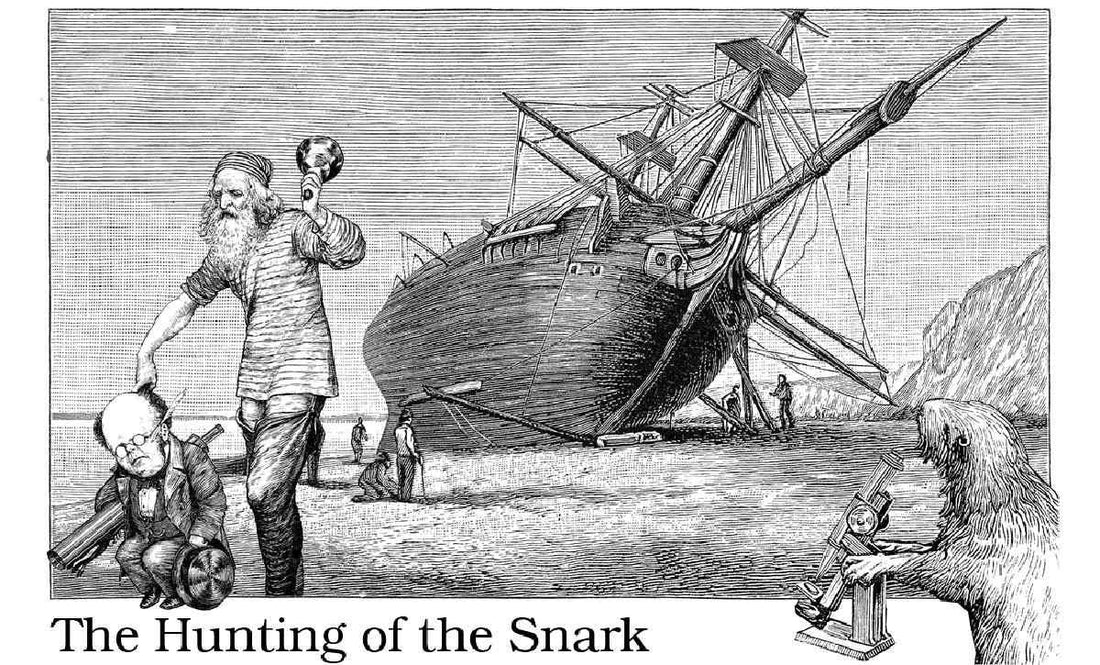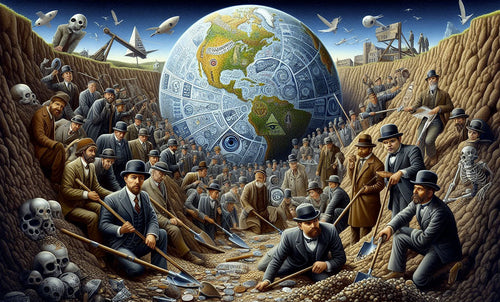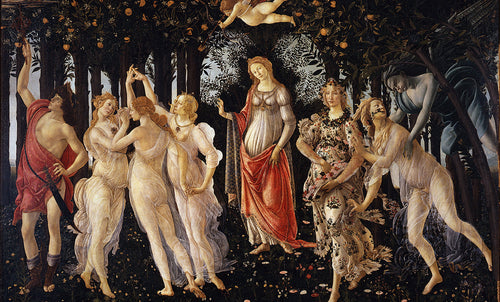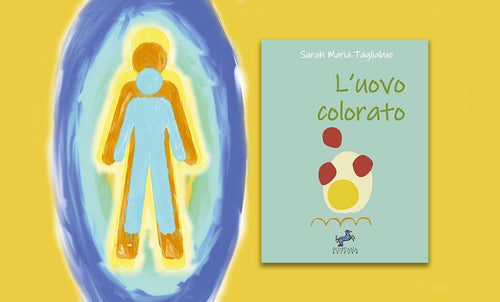
For a new epistemology
Leonardo AnfolsiIn the poem "The Hunt for the Snark" , Lewis Carroll stages a very particular type of treasure hunt: a heterogeneous and composite crew sets out to capture a mysterious and terrible being about whom nothing is known except fragmentary and contradictory information.
The Snualo, a mysterious cross between a sneeze and a shark, is eventually found and lost forever, but in the meantime many bonds have been consolidated within the ill-assorted crew, and each member has learned a lot about himself, about the others and, of course, about the Snuali (From a conversation with friend Luca Bianco) .
Contemporary science and epistemology , as well as the sociology of knowledge, agree in defining that reality is not a fixed and immutable fact of nature. Therefore, not being able to properly define WHAT, they try in a form of recursion on themselves to define WHEN (...when did we begin to do things this way? ...when did we invent this method?). Thomas Kuhn is a good example, but also Feyerabend , when he has to go backwards to dismantle the idea of a Method, the idea that from Descartes to Morin allows us to investigate phenomenal reality.
Therefore science and epistemology tend to depend more and more on the instruments of knowledge that, from time to time, man has at his disposal to explain it. Every civilization and historical phase has given itself an idea of reality and believed that this was THE reality, that is to say that one and only true, definitive reality that surrounds us and belongs to us.
Now, unlike in the past, we know that reality, whatever it is, is not fixed once and for all and valid for anyone and for any time.
Without bothering Heisenberg , reality – what we call “reality” , made up of certain, fixed, rigid, immutable data – is absolutely not such for physics, nor for all the other sciences: it is more what we do not know than what we know, and the little we know is not absolutely certain, indeed. The biggest novelty I see is that for some decades, but in an exuberant and sometimes underground way (since the pioneering works of Douglas Hofstadter and even before, of the cyberneticians or sociologists of the past) is the advent of systems theory and the indispensable novelty of the principle of self-organization of living systems that has invested all fields of knowledge.
We have uprooted from the foundations the conception of man and reality that was based on fixed laws, on definitively detectable data, a vision of the world.
Now it is not scandalous, although we have not yet explored in depth the consequences of this, that the study of self-organizing systems places us beyond the dynamics of duality to which we are accustomed in a Newtonian, Cartesian, Hegelian way (in the West, of course) with respect to the world.
Ugly and beautiful, true and false, life and death, order and disorder, information and noise, and even real-virtual are antitheses on which the binary dialectic of classical science has been built. Now the opposing, antithetical poles reveal themselves to be very important, if we put them back into circulation in a dialogic form.
The novelty that would allow us to escape from the mere historicization of science, to build a new science, is therefore that of connection, of non-naive holism, of the eco-systemic and global vision of phenomena, without losing their specificity, despite their elusiveness. The Kantian Ding an Sich , the thing in itself, is not, in fact, describable, if not in a flow of relations and feedback relationships.
The real revolution would be to bring this awareness, which science has acquired, to the level of everyday life, to the complex world of continuous communications and feedback in which we are immersed, in search of understanding.
We could meet on the common and shared ground of building a dialogue between people, with their baggage of beliefs and stories, narratives of themselves and the world, knowing that consensual reality is a necessary illusion. The absolute importance of recognizing the epistemology of the Other and of oneself is self-evident: understanding, orienting oneself, acting to look at one's blocks with a different eye and move to action, building a personal microculture that works, in union and not in opposition to the outside world, to lay the foundations of a deep understanding of one's being-in-the-world and manage change.
Marco Bertone

















































1 comment
Bellissimo articolo. Divulgativo, approfondito nella maniera ideale per un blog, pieno di consapevolezza. È arrivato il momento di sviluppare e di accettare una nuova epistemologia. E, quando saremo in grado di accettarla, si arriverà a un nuovo paradigma eto-onto-epistemologico (per citare la Barad). Da una sana epistemologia del genere non può che derivare una metafisica delle relazioni. Complimenti davvero